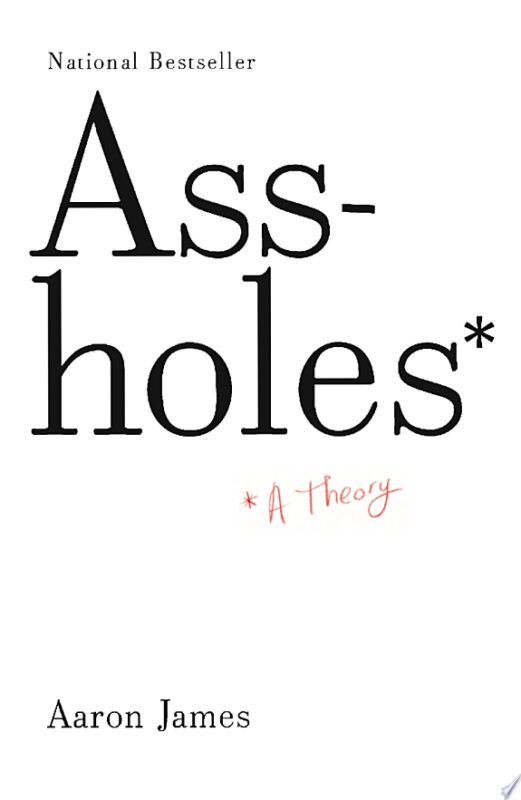I have taken many depositions (100s) and given more than a few (130+) myself. Here are three problems I have encountered. They can be thought of by witnesses or by lawyers. Other ideas may be presented later.
I. Don’t Understand the Question
Often near the first few minutes of a deposition, the depositioner says this (or something like it):
“I want you to answer questions correctly, as I’m sure you do too. So, I want you to be able to do this. I don’t want you to answer a question you don’t understand. I’m sure you don’t want to do that either. So, can we agree that if you don’t understand a question you will tell me, and I will try to do better, and if you answer the question we can assume you do understand it. OK?”
A witness should always answer this question, “No” The witness can always wait for clarification from the depositioner, or s/he might say, “I will probably understand it as you say, but I may not understand it without realizing I don’t understand it, and in that case, I will go back and correct what I have said. I may then need to hear the question again and then analyze it before answering.
The lawyer for the witness, the one protecting the record, should teach the wisdom of this approach and train the witness to do it. Training sessions will not hurt.
II. Analyzing Questions
A witness should always feel free to analyze any complex question. Sometimes this can be done by a discussion with deposing counsel. “Did you mean this or mean that? If the witness is dealing with a complex hypo or a complicated question about facts, it is best for the witness to haul out a lined tablet and construct a list of the components of the question. Numbering the elements of the question is a good idea. Often it is necessary or might be a good thing to apply the same kind of analysis to components of the question. Obviously, this should not be used solely as a device to show the depositions down. (Of course, that is tempting to do when there is a time limit on the deposition.)
III. Counter Questions
Sometimes witnesses feel the need to ask questions of deposing counsel. Quite often deposing counsel says this to the witness, “This is my deposition. I am not here to answer questions You are to do that, not me. So simply answer my questions. Do you need to hear it again?” A witness might respond to the lawyer’s criticism this way: “This is not your deposition. It is my deposition. I am the one that is sworn ‘to tell the truth, the whole truth, and nothing but the truth,’ so I have the right to make sure that I am not somehow being misled.”
Now, the word “mislead” may not be the right word, so something else might be used. It varies with the circumstances. An addition to the witness’s response can sometimes be found on the Deposition Notice or on the Subpoena. It may say “your” deposition will be. . . .





Recent Comments